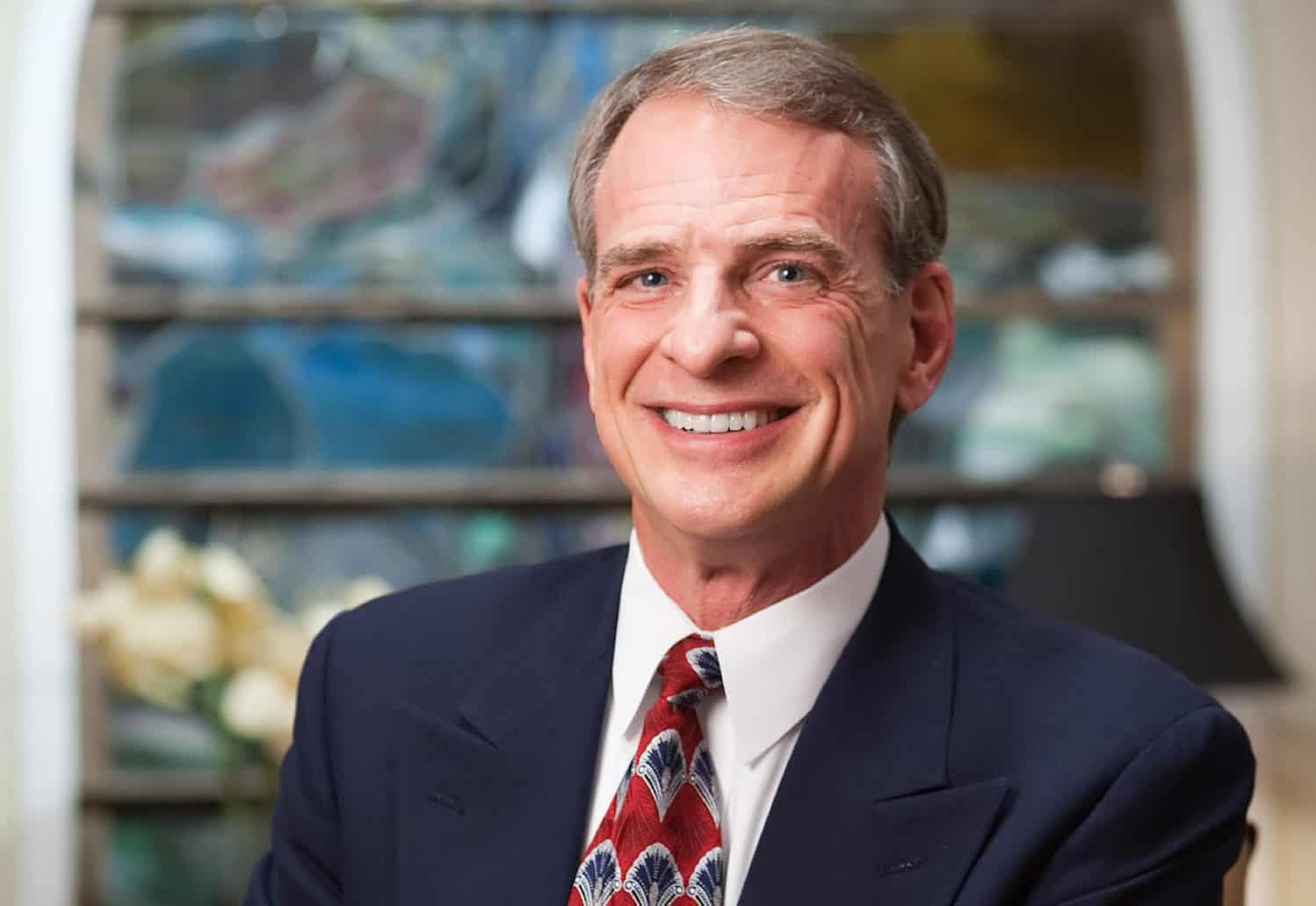 |
| William Lane Craig |
Here’s cause for hope. While the postmodern sacred chaos seems all-conquering in the academy, and marching through the culture—something else is happening at the cutting edge of research in departments of philosophy and of physics. There, it looks as though the arguments for atheism have collapsed. The “New Atheism” had a strong popular run recently, but that seems only to have brought the issue, and the true state of affairs, to broader attention.
And the New Atheism has fizzled. It has fizzled in part under the greater scrutiny all ideas can receive in our information age.
Philosophy is traditionally considered the queen of the sciences: the most advanced academic degree is thus “Doctor of Philosophy.” Similarly, among the materialists, physics rules. And these two, according to William Lane Craig and others, have turned to the “God hypothesis.”
Even neo-Darwinism seems to be in retreat in biology departments. Although the claim was never strong, Darwinism was in the popular mind the main argument against theism. Darwin’s theory, and its proponents, largely kicked off the currently fashionable atheist religion of scientism.
But the intricacies of the genetic code, the need for “multiverses,” a gross violation of Occam’s Razor, to avoid postulating some higher power in physics, and the bizarrely narrow and specific set of circumstances that allow for life in the universe, have forcefully reintroduced the argument from design that the atheists thought Darwin had circumvented.
And if you don’t like that argument for God’s existence, as Craig has quipped, “I have others.”
Thinks move glacially in academics. Once a new truth is established, it takes at least a generation for it to percolate down to undergraduate level—let alone the high school texts, and the general consciousness. I just saw a post on Facebook teasing the revelation that Columbus was not the first European to discover the Americas. There are even still Freudians about. For the direction in any field to change significantly, the current generation of faculty members, who have built their reputations on the prior paradigm, has to die off. People rarely admit mistakes.
But we can perhaps now see the future, and it is divine.
We must just hope that not too many more churches be burned or torn down from within before we get there.












No comments:
Post a Comment